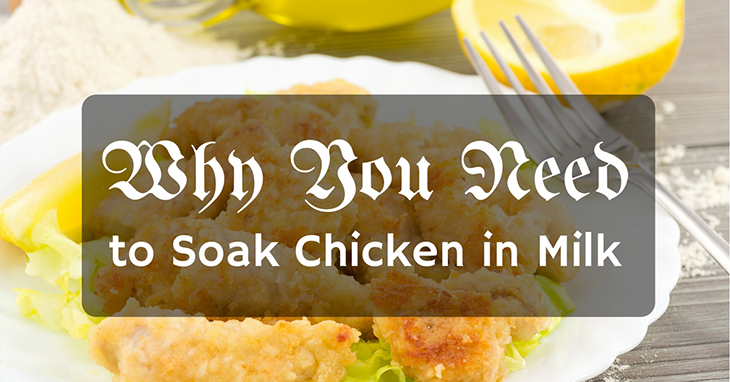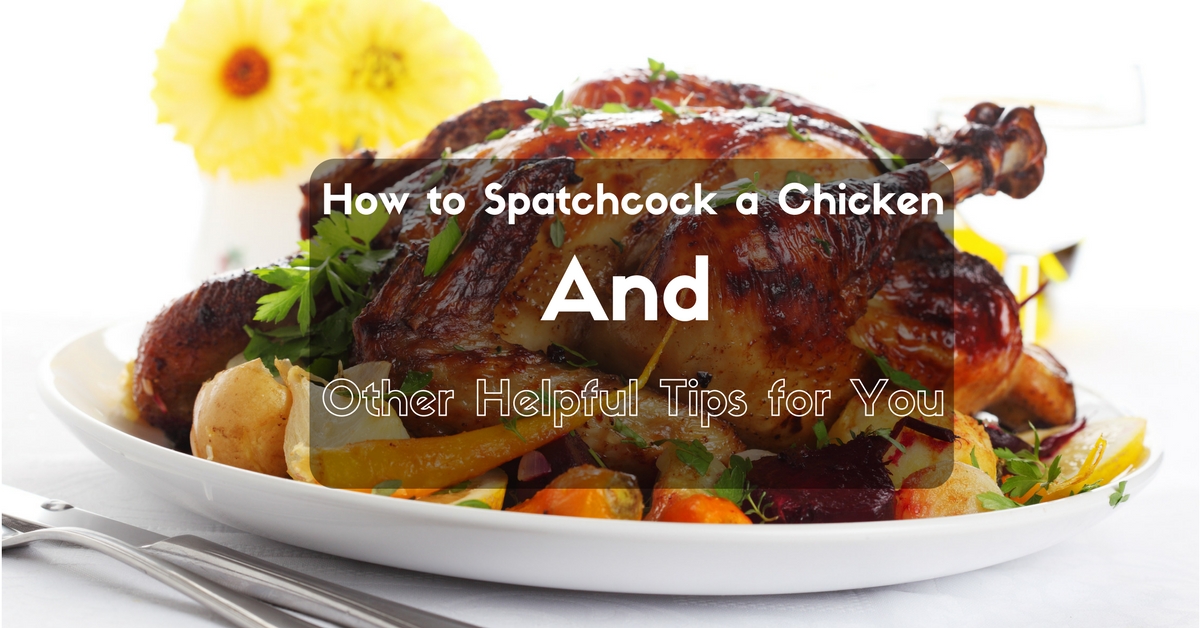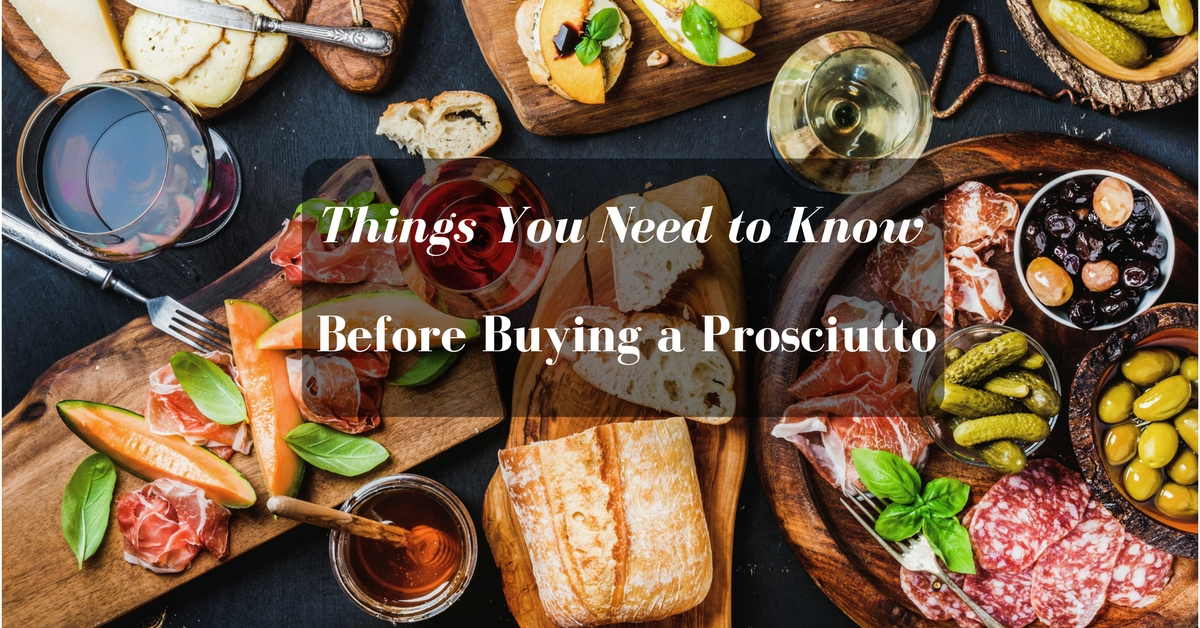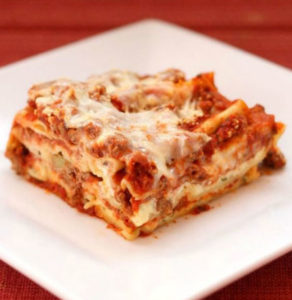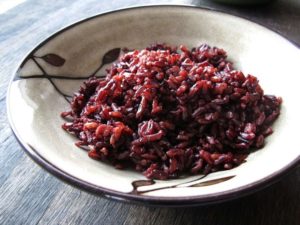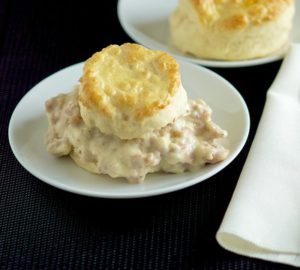The picture of raw chicken floating away in your fridge for hours in a container filled with yogurt, milk or buttermilk may be sight difficult to imagine for the uninitiated. Some may even find it a bit gross. However, we promise that once you learn a little bit more about this technique and give its tender, juicy results a go, you will too become a full convert who will never grill a dry chicken breast ever again.
Marinating meat in dairy is not a novelty. Humans have been using yogurt and milk to tenderize meat Yogurt Your Meats: It’s Part Science, Part Spiritual | TASTE for hundreds of years and this technique still remains one of the best and easiest ways to infuse it with flavor. Cuisines such as those from Iran, India, Lebanon, Turkey and Italy are rife with dishes in which meats such as chicken, lamb or pork are soaked in yogurt or cooked in milk.
More...
What’s in a marinade?

Photo credit: Little Broken Juicy Yogurt Marinated Chicken Kebabs - Little Broken
Marinating chicken in dairy: a complete guide
The picture of raw chicken floating away in your fridge for hours in a container filled with yogurt, milk or buttermilk may be sight difficult to imagine for the uninitiated. Some may even find it a bit gross. However, we promise that once you learn a little bit more about this technique and give its tender, juicy results a go, you will too become a full convert who will never grill a dry chicken breast ever again.
Marinating meat in dairy is not a novelty. Humans have been using yogurt and milk to tenderize meat Yogurt Your Meats: It’s Part Science, Part Spiritual | TASTE for hundreds of years and this technique still remains one of the best and easiest ways to infuse it with flavor. Cuisines such as those from Iran, India, Lebanon, Turkey and Italy are rife with dishes in which meats such as chicken, lamb or pork are soaked in yogurt or cooked in milk
You may have not been aware of it at the moment, but you have most likely already had chicken that was either marinated or cooked in dairy. Brining the meat overnight in buttermilk is the secret to juicy southern-style fried chicken Authentic Buttermilk Southern Fried Chicken | Sweet Tea & Thyme and chicken tikka masala Homemade Chicken Tikka Masala Recipe by Tasty is first marinated and then cooked in a sauce of yogurt and spices.
So, what exactly is it that dairy does to meat? We’ll spare you the longer, more complicated answer to this question and just tell you the most important thing: milk has lactic acid and that lactic acid is what tenderizes the meat by breaking down some of its proteins. It makes it soft and very juicy.
Virtually any cut of meat will benefit from marinating in dairy but most people agree that this process particularly favors chicken because it’s a lean protein with mild flavor and tendency to being dry.
What’s in a marinade?
We’ve been talking a lot about marinades but what exactly are they? Marinades are, in essence, a mix of ingredients used to tenderize and flavor food before it’s cooked. There are four parts to every effective marinade:
- Acid
All marinades need some acid in them, such as vinegar, fruit juice or the lactic acid from milk or yogurt in order to break down the proteins in meat and help tenderize it.
- Fat
Vegetable oils such as olive or canola oil and the fats found in yogurt or buttermilk are the vehicle that will transfer the flavors from the other seasonings in the marinade into the meat.
- Seasonings
This is where the heart of your marinade is and where you are free to get creative with herbs, spices and other flavorings.
- Salt
Salt or any other salt-rich ingredient such as soy sauce or fish sauce are what will bring together all your chosen flavors and enhance them. It’s recommended that you use quite a bit of salt or salt-rich ingredients to make your marinade very salty as not all of it will penetrate into the meat.
What makes dairy marinades so special?
Simply put: when using yogurt, buttermilk or milk, you get two of the essential elements of a marinade in one ingredients. There is both acid, in the form of lactic acid, and fat from the milk fat.
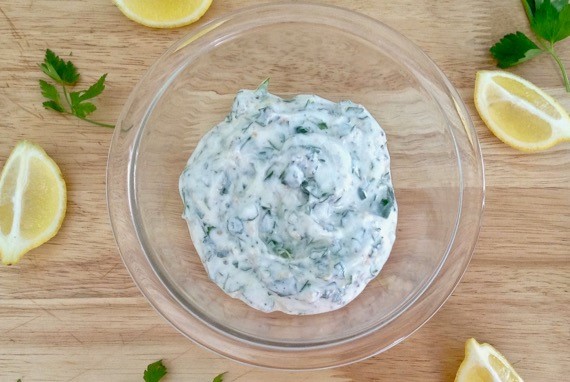
PHOTO CREDIT: NUTRISYSTEM BLOG MEDITERRANEAN GREEK MARINADE | THE LEAF NUTRISYSTEM BLOG
The acidity level in dairy is a bit lower than the one found on vinegar or fruit juices like orange or lemon. This means that when you use dairy as your source of acid, the process of breaking down the proteins in the meat won’t be as aggressive and yield meat that is mushy on the outside and stringy in the center. The texture of dairy products helps too: they tend to be thicker than vegetable oils and therefore better at holding seasonings.
The best part of using dairy for marinating meat is, of course, the end result. The sugars in the yogurt, milk or buttermilk will caramelize during the cooking process and create a slightly crispy and tangy coat on the meat.
Yogurt vs. Buttermilk vs. Milk
Yogurt, buttermilk and milk are all very different in texture and fat and acidity levels and so each one will work better than the others for certain purposes:
- Yogurt- Has the highest fat content of all three products and is more acid than both buttermilk and milk. The high acidity and fat content make it the best option for using in marinades. It’s sometimes used in baking but some people believe it adds too much moisture to baked goods.
- Buttermilk - Is the second most acidic of these products but has the lowest fat content of all three. It’s commonly used to brine chicken for frying and also widely used in baking as it adds just enough moisture to baked goods without causing them to become too soggy. Buttermilk is also what makes buttermilk pancakes Buttermilk Pancake Recipe - WarmChef.Com moist and fluffy.
- Milk - Has the lowest acidity of all three products and has a higher fat content than buttermilk but no more than yogurt. Milk is great for slow cooking as meats such as chicken or pork will braise beautifully in it.
All of these products come in a variety of fat levels such as reduced-fat butter milk or skim yogurt or skim milk. We recommend sticking to the full-fat versions of all of these products as they will produce better marinades and richer flavors.
How long should you marinate meats for?
As a general rule, a marinating period between 12 to 24 hours long should be enough time for your meat to get sufficiently infused with flavor. If you cannot wait that long, even a soak of 1-6 hours will make a big difference in flavor and texture. Any marinade that lasts for more than 24 hours will expose the meat to the acids from the milk, yogurt or buttermilk for too long which and it will cause the cut’s outer layer to acquire a mushy texture.
The effectiveness of marinades is a hotly debated topic amongst cooks, chefs and scientist. Some claim that they are a waste of time and that there are better ways to infuse meats with flavor while others maintain that there is a lot of good to be gained from incorporating them into your cooking. This video does a great job at illustrating how they work:
Our favorite recipes from the web featuring dairy marinades:
We found plenty of easy and delicious recipes for you so that you can try out dairy marinades at home:
- Spicy Buttermilk Fried Chicken Sandwich
Spicy Buttermilk Fried Chicken Sandwich | Brown Sugar Food Blog
- The Best Southern Fried Chicken
The Best Southern Fried Chicken | The Food Lab | Serious Eats
- Persian Saffron Chicken Kebab
Joojeh Kabab (Persian Saffron Chicken Kebab) • Unicorns in the Kitchen
- Grilled Lamb Chops With Spiced Yogurt
Egyptian Grilled Lamb Chops with Spiced Yogurt | All that’s Jas
- Pork Shoulder Braised in Milk
Pork Shoulder Braised in Milk | TASTE
Written By: Carol Guasp

